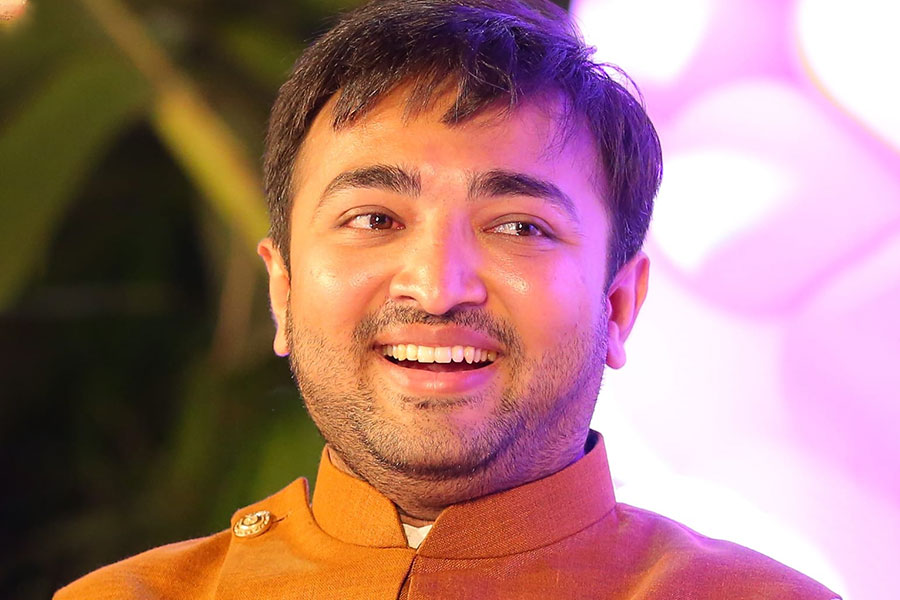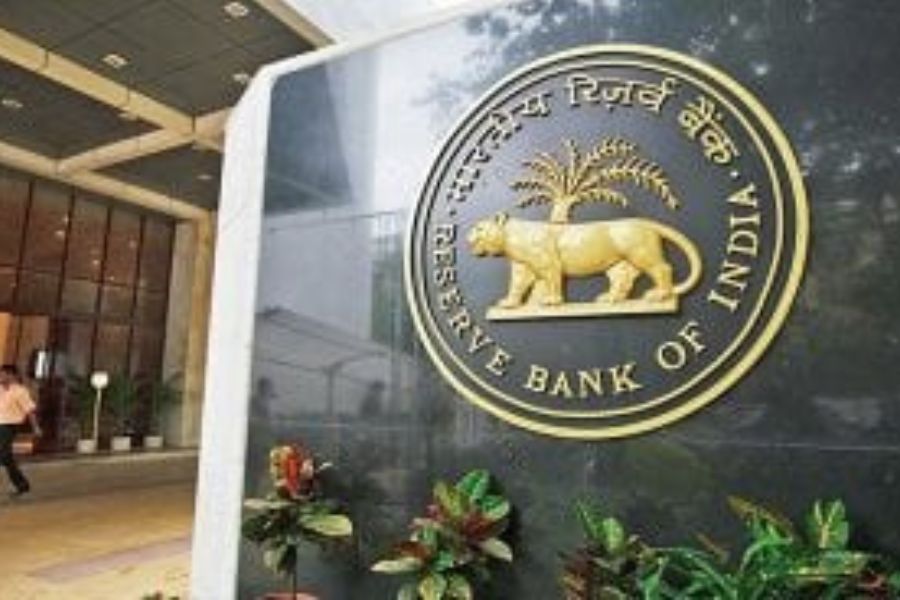Vaccine passports will act as a tourism booster
Fenil Bhayani, MD, 99DESTINATIONS, opines that measures like the creation of vaccine passports, a common platform to get passports clubbed with the COVID-19 vaccine certificates & a common mobile app worldwide for all vaccinated persons can boost international travel.

IBT: What is the current situation of the travel and hospitality sector? How different is the situation from last year?
Fenil Bhayani: The current situation seems to be quite positive, if we look at the numbers of travellers compared to last year, the numbers are encouraging. As per the Ministry of Tourism, FTAs in April 2021 were 69,442 as compared to 470 in April 2020, registering a growth of 14,674.9%. It adds that the US (26.85%), followed by Bangladesh (15.65%), Afghanistan (6.92%), UK (5.87%), Nepal (4.59%) Canada (4.27%), Iraq (2.99%), Portugal (2.40%), Germany (1.42%), Russian Fed (1.41%) Maldives (1.39%), France (1.33%), Sudan (1.21%), Korea (Rep.) (1.18%), and Australia (1.02%) were the major source countries for the same. Bengaluru, Mumbai, Ahmedabad, Delhi, & Cochin were the top destinations in India for these visitors. However, it notes that this growth is due to the low base effect of the previous year.
One of the reasons for this rise in traveller confidence is the increasing pace of vaccinations around the country & around the globe. Some of them are even hoping that there will be foreign investments in the sector. However, if fears of a third wave are proved true, the travel industry might be hit again. This is why people have inhibitions while making their travel bookings around Diwali.
IBT: Which countries are using vaccine passports or are likely to use them in the near future? How can they help in reviving overseas travel? What other benefits do they have?
Fenil Bhayani: More than 80% of the countries that have opened their borders to people from all nationalities are using vaccine passports, especially developed countries. These include the EU, Israel, Russia, UK, China, Greece, Cyprus, Italy, Spain, Japan, and Bahrain. Airlines like Emirates, Air New Zealand and Etihad are believed to be experimenting with this idea.
Vaccine passports will be a great measure to revive cross border travel as they will instill confidence among travellers. They will inspire more travellers to move smoothly & fearlessly. They can also help global bodies like the WHO to keep a count of vaccinations.
IBT: What kind of challenges (e.g. lack of a uniform legal system) could come in the way of vaccine passports? What can be done to ensure homogeneity in this legislation?
Fenil Bhayani: There are some problems associated with them:
- Countries could still require foreign travellers to be quarantined for a few days, once they enter their territory. The number of days for quarantine could vary from state to state & country to country, creating inconvenience and confusion among travellers.
- A majority of people in the world are yet to be vaccinated. So, the coverage of these passports at the moment is limited. Moreover, vaccines are not 100% successful against preventing the infection and not all of them have been approved by the WHO.
- If some countries don’t accept vaccine passports, then they are likely to ask for RTPCR tests. The cost of these tests varies from country to country and may lead to an overhead expenditure on the travel budget for frequent overseas travellers.
To ensure uniformity in the project, the following steps should be taken:
- Self-declaration single portals worldwide can be created. (To ensure data privacy and tallying vaccinations, it should be seen that only the central governments and the WHO can track it.)
- Creation of a common platform to get passports clubbed with the COVID-19 vaccine certificates.
- A common mobile app worldwide for all vaccinated persons (similar to India’s Arogya setu app) can be created.
IBT: India has opposed the idea of a vaccine passport claiming that it is discriminatory. What is your opinion on this?
Fenil Bhayani: Former Union Health Minister, Dr Harsh Vardhan, said at the G7 meet, “Considering the fact of the lower levels of vaccination of the population in developing countries in contrast to the developed countries and given the still-unaddressed issues related to equitable and affordable access, supply and distribution of safe and effective vaccines, India would propose that the implementation of a vaccine passport will be hugely discriminatory and disadvantageous to the developing countries”.
I strongly agree with his opinion. Although vaccine passports might instill confidence among the travellers, they will be discriminatory against travellers from the developing & least developed countries as they don’t have access to COVID-19 vaccines or digital infrastructure.
IBT: Besides vaccine passports, which other measures can revive the travel & hospitality sectors?
Fenil Bhayani: The following measures may be adopted to revive the travel and hospitality sectors.
1) Marketing & promotion from state tourism & the Ministry of Tourism on an aggressive basis.
2) Roping in well-known celebrities & known faces worldwide for promoting the sector.
3) Film tourism must be given more flexibility by the state tourism & other overseas tourism boards representing India & overseas.
4) A good promotion and awareness of “wellness tourism” in India can be a good game changer, given India’s image as an Asian hub in wellness tourism.
5) Other countries must welcome 100% vaccinated tourists who are seeking to travel for work/education & tourism.
6) To support vaccination in the country, special discounts or schemes must be implemented by the government.
7) A regular update on common portals of present COVID-19 cases & COVID-affected zones on the maps, so that travellers can pre plan-their itineraries based on the current updates.
8) Hospitality & travel sector must come up with even more flexible cancellation & refund policies.
9) Children below 18 years should not get considered for RTPCR Test.
IBT: What is your view on digitisation of the travel and hospitality sector?
Fenil Bhayani: The pandemic presents an opportune time to leverage the power of digital world. Digitization of the travel and hospitality sector will usher in the ease of doing operations in India. The best part of digitisation is that one can travel paperless and definitely cashless. It has power to solve any glitches in the system.
Fenil Bhayani is the MD of 99DESTINATIONS. Views expressed are personal. Usual disclaimers apply.













it is very intresting and indpth about the travel industry
Good knowledge, and very helpful for travellers
👌👌